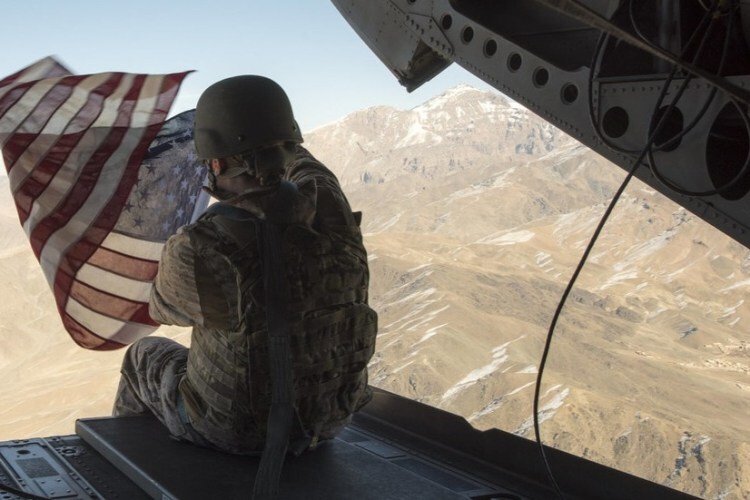Why Are The Soldiers' Mental Health After War Important?
Treatment for PTSD can frequently eliminate your symptoms. Other people's symptoms can be milder or occur less frequently. You will have acquired strategies to better manage symptoms after treatment. Treatment improves a person's quality of life.
Soldiers Mental Health After War
Are you searching for or willing to explore the top-class post-traumatic stress disorder military veterans or soldiers' mental health after war care and support? If Yes. This blog is the unrivaled choice or destination for folks who want to augment or deepen their understanding of it.
While serving in the military, you might go through traumas that are different from what civilians go through. The type of trauma that was widespread during the conflict you served in may also have an impact on your risk. PTSD can be brought on by military sexual abuse, deployment to conflict zones, and poor training conditions (MST). Along with any of these emotions, as well as feelings of regret, remorse, or humiliation, a veteran may also battle with happiness, find it challenging to make friends, struggle with loneliness, and lose interest in activities that they once found interesting. The body can enter a state of calmness through relaxation practices like yoga, deep breathing, massage, and meditation, which will lessen the symptoms of PTSD. Avoid using alcohol and illicit substances.
Even 50 or more years after their time in the military, many older Veterans still experience PTSD symptoms. Having nightmares or experiencing the event as if it were happening again, avoiding situations that bring up the memory of the incident, being easily startled, and losing interest in activities are some signs of PTSD.

